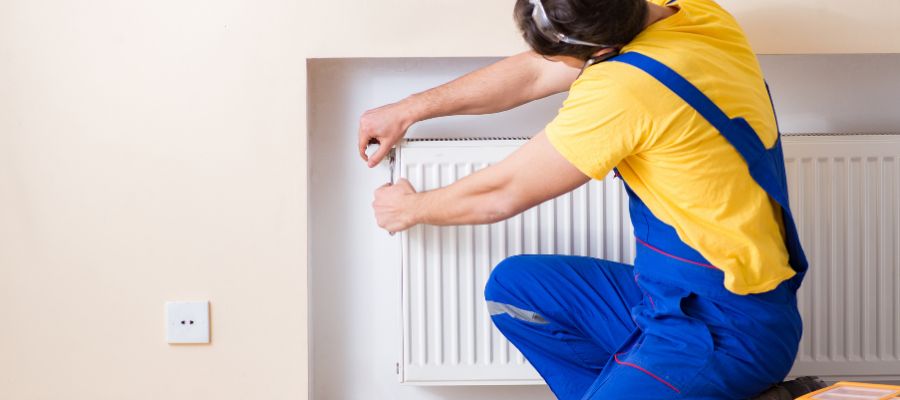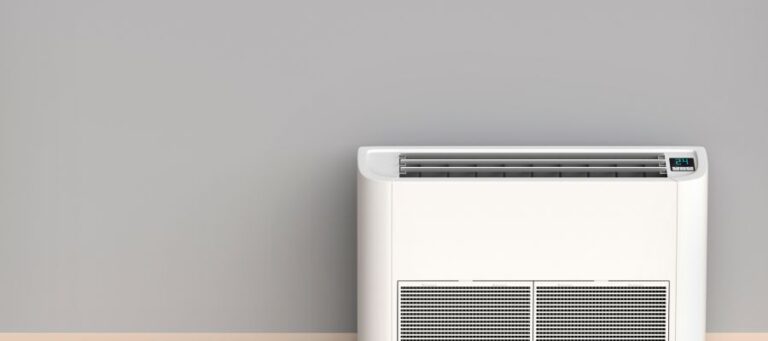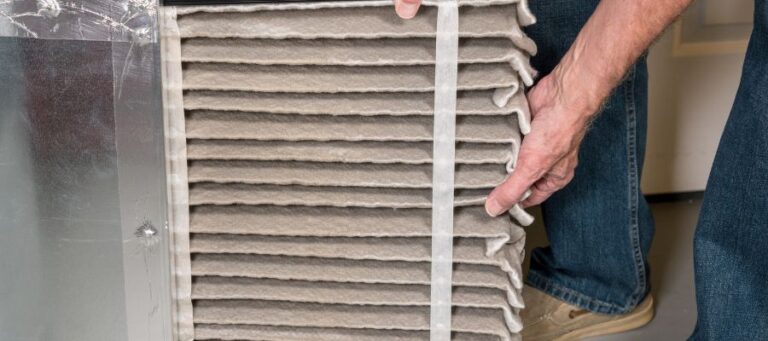

HVAC Services
Get Professional Repairs From The Area's Trusted HVAC Technicians. Ask About Our Services! We Offer Professional Heating & Cooling System Repairs And Guarantee Long-Lasting Results.
Got Question? Call us: (850) 678-2665Financing
Comprehensive Guide to Enhancing HVAC Efficiency

The heating, ventilation, and air conditioning (HVAC) system in your home or business isn’t just about comfort—it also plays a significant role in energy consumption. By enhancing HVAC efficiency, you can reap benefits such as lower utility bills, reduced energy waste, and even improved indoor air quality. This comprehensive guide will delve into the ins and outs of optimizing HVAC system performance for better efficiency and sustainability.
Understanding the Basics of HVAC Systems
HVAC systems include various components such as heaters, air conditioners, and ventilation mechanisms. They come in different types, including central air conditioners, furnaces, heat pumps, and more. Understanding your system’s specifics and the role each part plays is the first step toward enhancing HVAC efficiency.
Why HVAC Efficiency Matters
The importance of HVAC efficiency extends beyond immediate cost savings. An efficient system can provide a comfortable living environment and contribute to reducing your carbon footprint, emphasizing the importance of sustainable heating and cooling practices.
Deciphering HVAC Efficiency Ratings
HVAC efficiency ratings, including SEER, EER, HSPF, AFUE, and COP, can provide insight into the performance of various HVAC systems. Higher ratings indicate more efficient systems, helping guide your choices when considering HVAC upgrades or replacements.
Harnessing Energy-Efficient HVAC Technologies
Energy-efficient HVAC technologies such as variable-speed motors, smart thermostats, and geothermal heat pumps can significantly enhance system performance. In particular, programmable thermostats offer an easy way to manage your heating and cooling needs without wasting energy.
The Role of Regular HVAC Maintenance
Routine maintenance is essential for any HVAC system. Tasks such as cleaning and replacing filters, checking refrigerant levels, and cleaning the evaporator and condenser coils can prevent system breakdowns and enhance efficiency.
Here are some of the main points to consider:
Prevent Costly Breakdowns
Regular HVAC maintenance can help you save money by preventing costly breakdowns, reducing energy bills, extending the life of your system, and keeping your warranty valid.
Improve Your Air Quality
Regular HVAC maintenance can improve your air quality by ensuring that your system is clean and well-filtered, preventing dust, allergens, mold, and other pollutants from circulating in your home or office.
Maintaining Temperature and Humidity
Regular HVAC maintenance can improve your comfort by ensuring that your system produces and distributes the warm or cool air evenly and steadily, maintaining the desired temperature and humidity levels in your space.
HVAC System Sizing and Efficiency
System sizing matters—installing an HVAC system that is either too large or too small for your space can lead to energy inefficiencies. Consult with HVAC contractors to ensure that your system is correctly sized for your needs.
Ductwork Design and Its Impact on Efficiency
The ductwork carries cooled or heated air throughout your home or business. Proper duct design, along with regular duct cleaning and sealing, is critical for minimizing energy loss and improving overall HVAC efficiency.
Importance of HVAC Inspections and Energy Audits
Regular HVAC inspections and energy audits can uncover hidden inefficiencies in your system and provide guidance for improvements. These services are an invaluable part of a comprehensive approach to enhancing HVAC efficiency.
Insulation and Its Effect on HVAC Efficiency
Insulation and weatherization help to reduce the amount of heat transferred in and out of your home, reducing the workload on your HVAC system. Proper insulation can significantly contribute to energy cost savings and HVAC longevity.
Analyzing the Cost-Benefit of High-Efficiency HVAC Systems
While high-efficiency HVAC systems can have higher upfront costs, they often lead to significant savings in the long run due to their lower energy consumption. A detailed cost-benefit analysis should be part of any decision to upgrade or replace an HVAC system.
The Process and Benefits of HVAC Retrofitting
Retrofitting your existing HVAC system with more efficient components can be a cost-effective alternative to complete system replacement. HVAC retrofitting can be customized to your specific needs, leading to improved efficiency and system longevity.
Seasonal Tips for HVAC Efficiency
The changing seasons bring different demands for your HVAC system. Season-specific maintenance, such as preparing your system for summer heat or winter cold, can help maintain optimal HVAC efficiency all year round.
The Role of Professional HVAC Services
While many tasks can be handled DIY, professional HVAC services are crucial for more complex maintenance and repair tasks. Hiring a professional can also provide peace of mind, as they are likely to be covered by HVAC warranties.
Energy Star and Other Certifications
Look for Energy Star and other similar certifications when choosing HVAC systems or components. These labels indicate that the product meets or exceeds energy efficiency standards, providing assurance of its performance.
Exploring Government Rebates and Incentives
Many governments offer tax credits, rebates, or other incentives for energy-efficient upgrades to HVAC systems. These incentives can offset the cost of enhancing HVAC efficiency, making it more affordable to adopt sustainable heating and cooling practices.
Conclusion
By understanding and implementing the practices and technologies discussed in this guide, you can significantly enhance your HVAC system’s efficiency, leading to energy cost savings, improved comfort, and reduced environmental impact. Remember, while some tasks can be done independently, others may require the expertise of HVAC professionals. Don’t hesitate to consult with experts to ensure your HVAC system is operating at its optimal efficiency.



